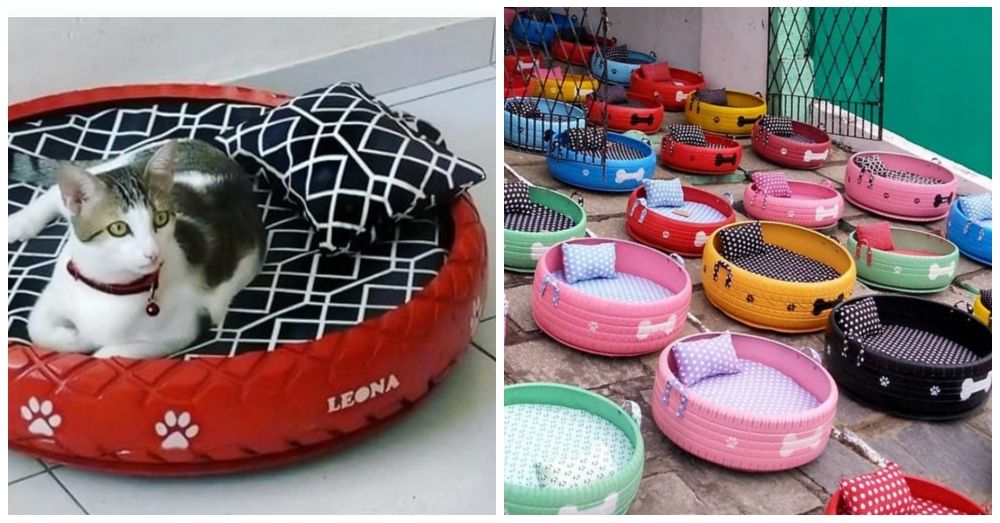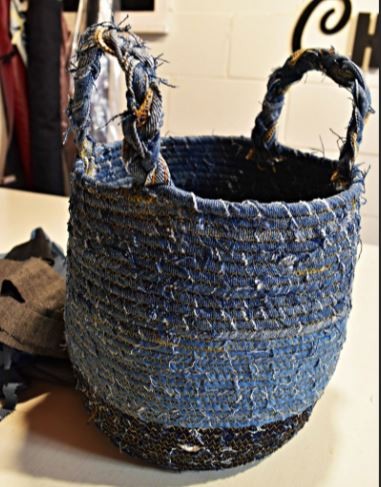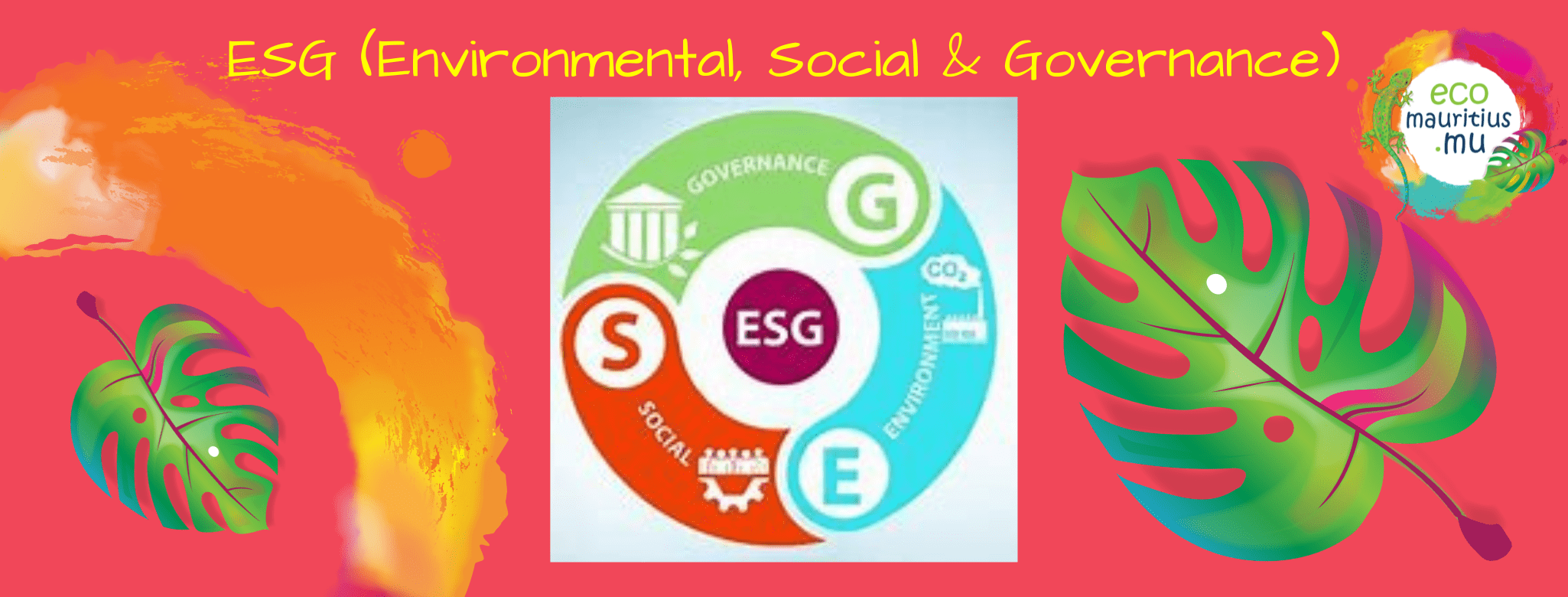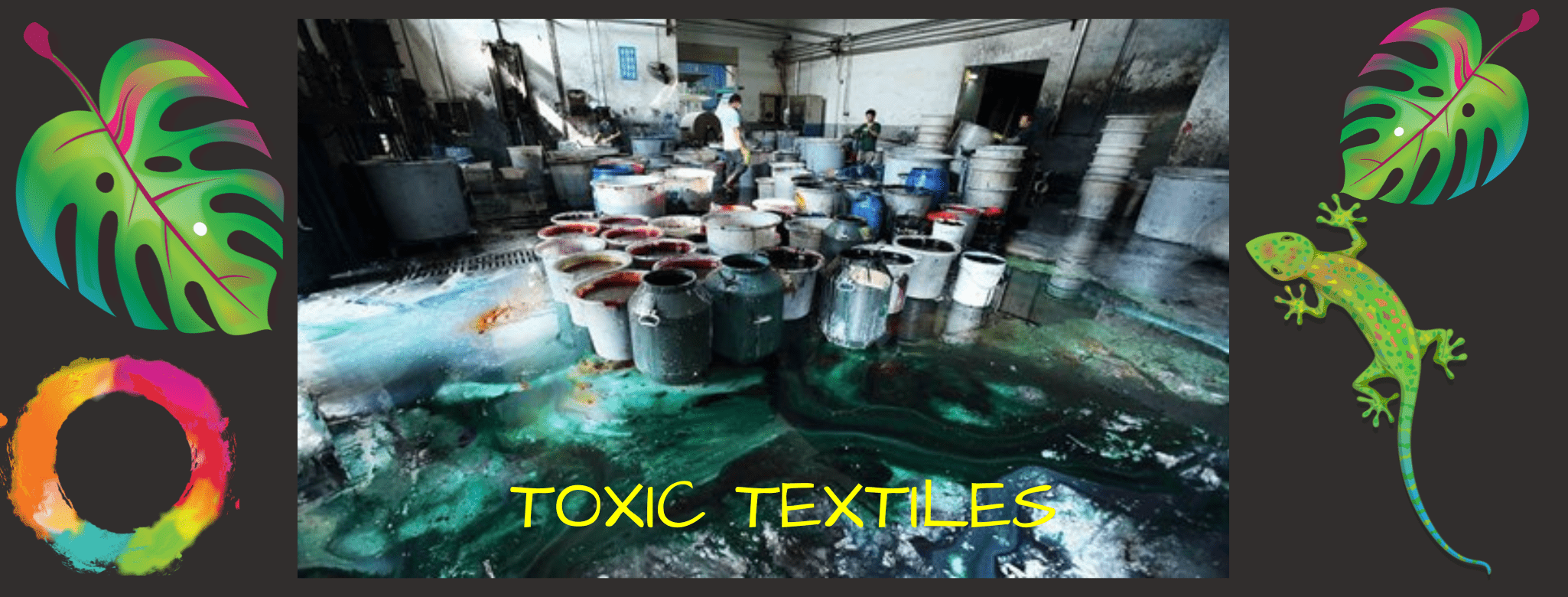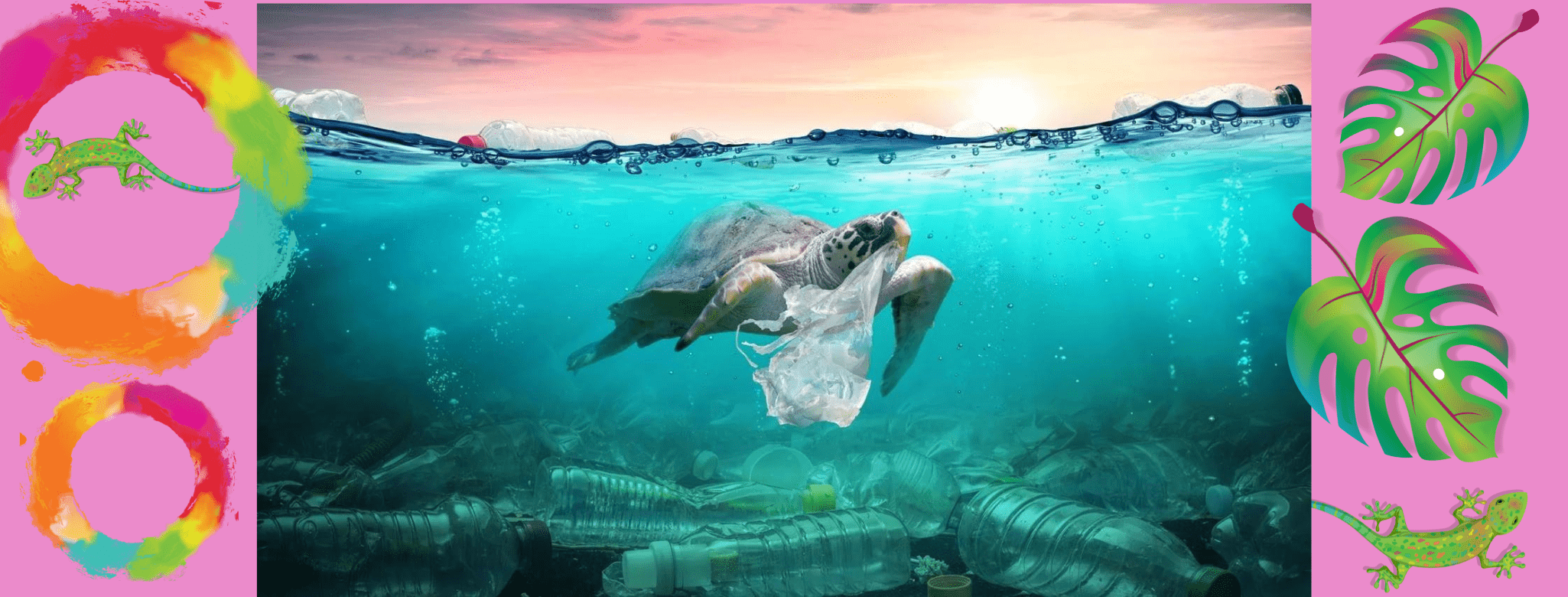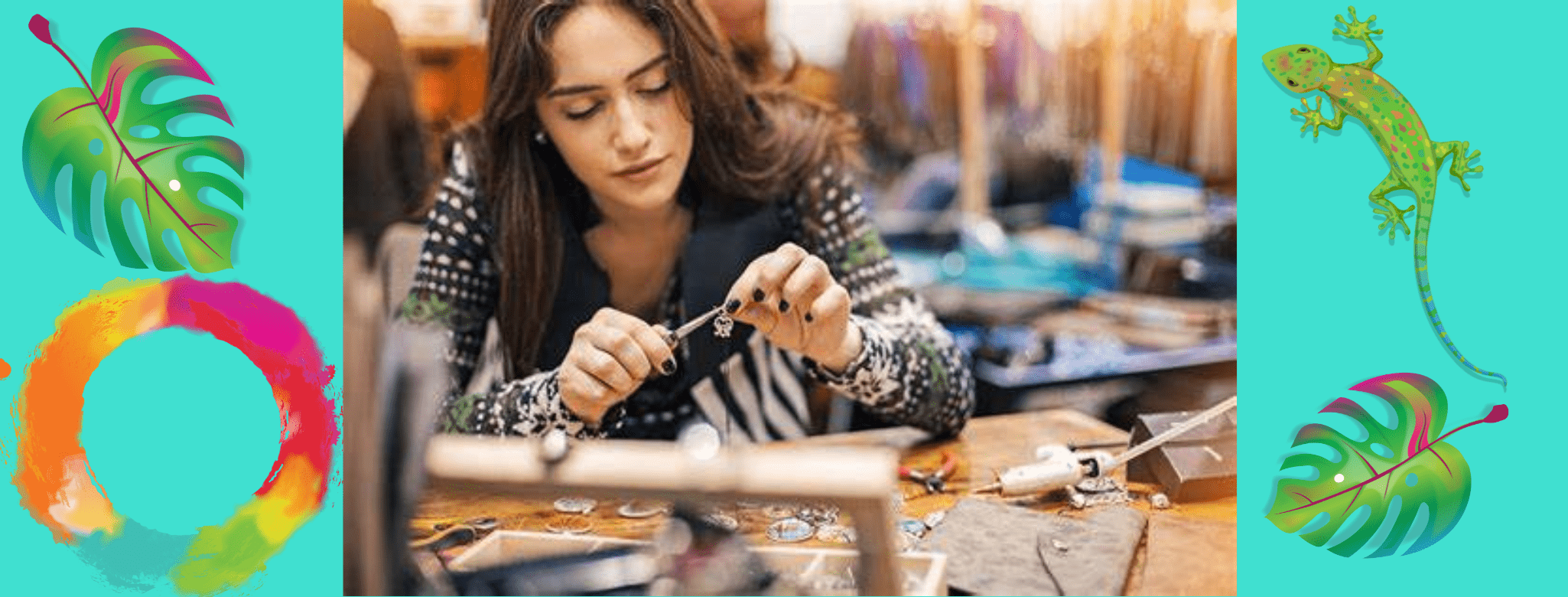
Upcycling is the process of making new objects by modifying old or used items or waste materials. Upcycling is about readapting or repurposing old products to get a new object with often more value than the original one.
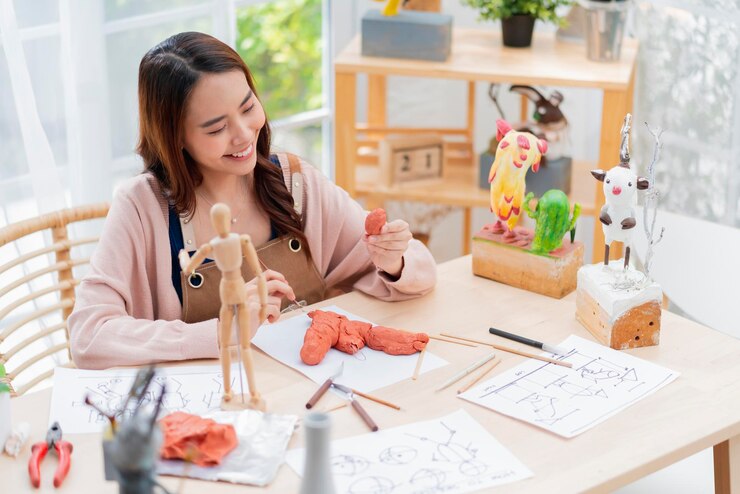
Is upcycling different from recycling?
As opposed to upcycling described earlier, recycling is the process of collecting and breaking down waste – glass, plastic, paper-, to create a new product, usually of inferior quality. The aim of upcycling is to integrate and modify rejected materials to create new articles.
Upcycling is important to the environment. This process has always been present in the life of older generations, but with modernisation, people have been more inclined to buy new instead of reusing old materials. Long time ago, people used to repurpose feed sacks into clothes or house linen, old ir wooden crates or doors into furniture, among others. Upcycling contributes to the reduction on CO2 emissions, as life of products is extended, thus reducing the energy spent in extracting, transforming, and producing new items, and less waste go to the dumping grounds.
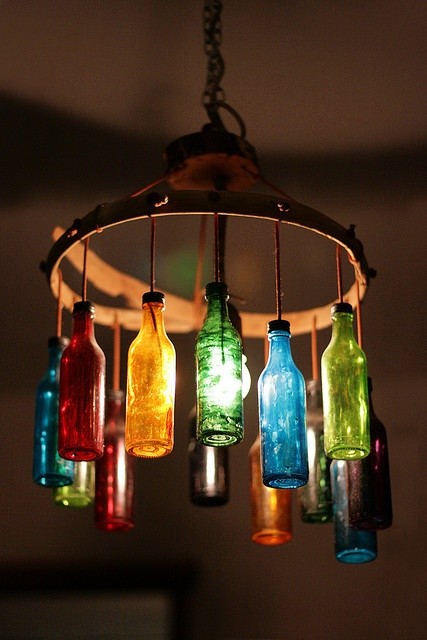
Examples of upcycling:
Fashion
Textile industry is known as one of the most polluting because of the chemicals used, and the huge amount of water and energy needed for the manufacturing process. Some ethical organisations have started to take back old and damaged clothes, disassemble them to make new creations such as new clothes, bags, or any other accessories.

Furniture
We often just take damaged or broken furniture to the waste compound, but there are so many things you can do from dismantled furniture! An old door can be used as a piece of decoration, turn an old bathtub into a garden bench by adding feet, cushions and re-painting it, a broken door can be used as a table-top or shelves, the possibilities are endless!
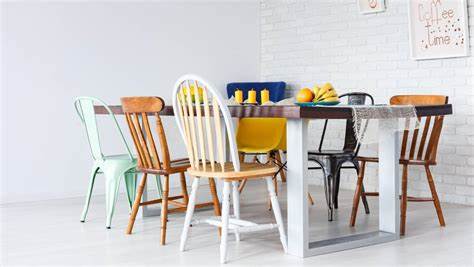
Industrial upcycling
Various companies are playing the game to preserve the environment. Some have set up a programme to produce objects such as park benches, pencil cases, bags from food and drink packages that cannot be easily recycled.
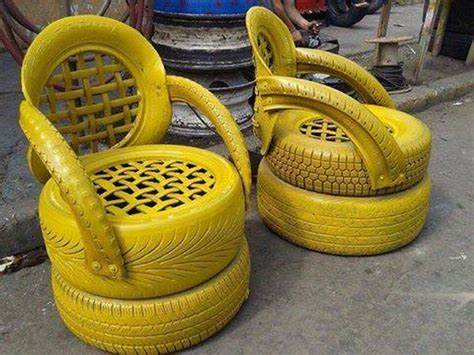
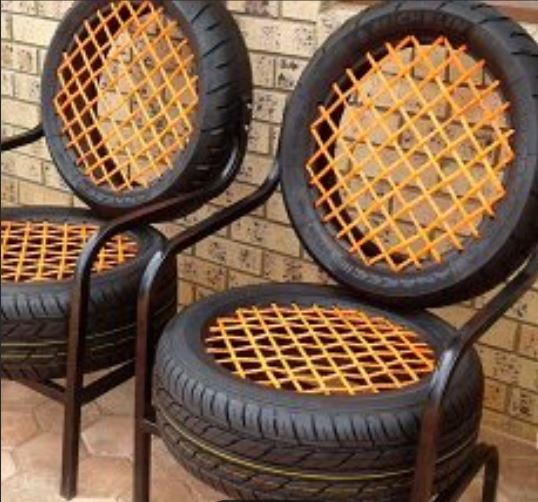
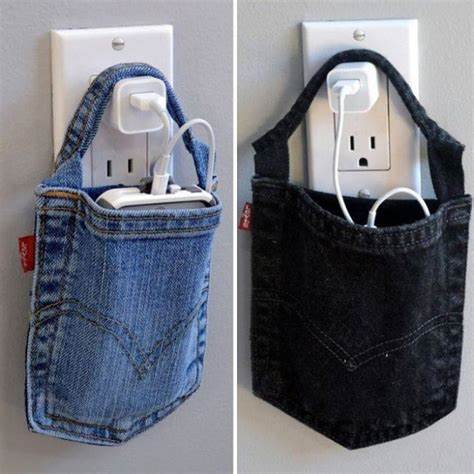
In Mauritius, many NGOs and individual entrepreneurs are following the trend. People are getting more aware of the need to reduce waste going to the dumping ground and the economic advantages this process represents. They usually get the support from the public in general who provide them with their old and damaged materials. There are also recurring pedagogical events organised where the public in general and especially young ones are invited to take part and learn about upcycling in everyday life. The authorities are not fully involved yet, but we will get there, slowly but surely!
Sources:
https://youmatter.world
https://hipcycle.com
